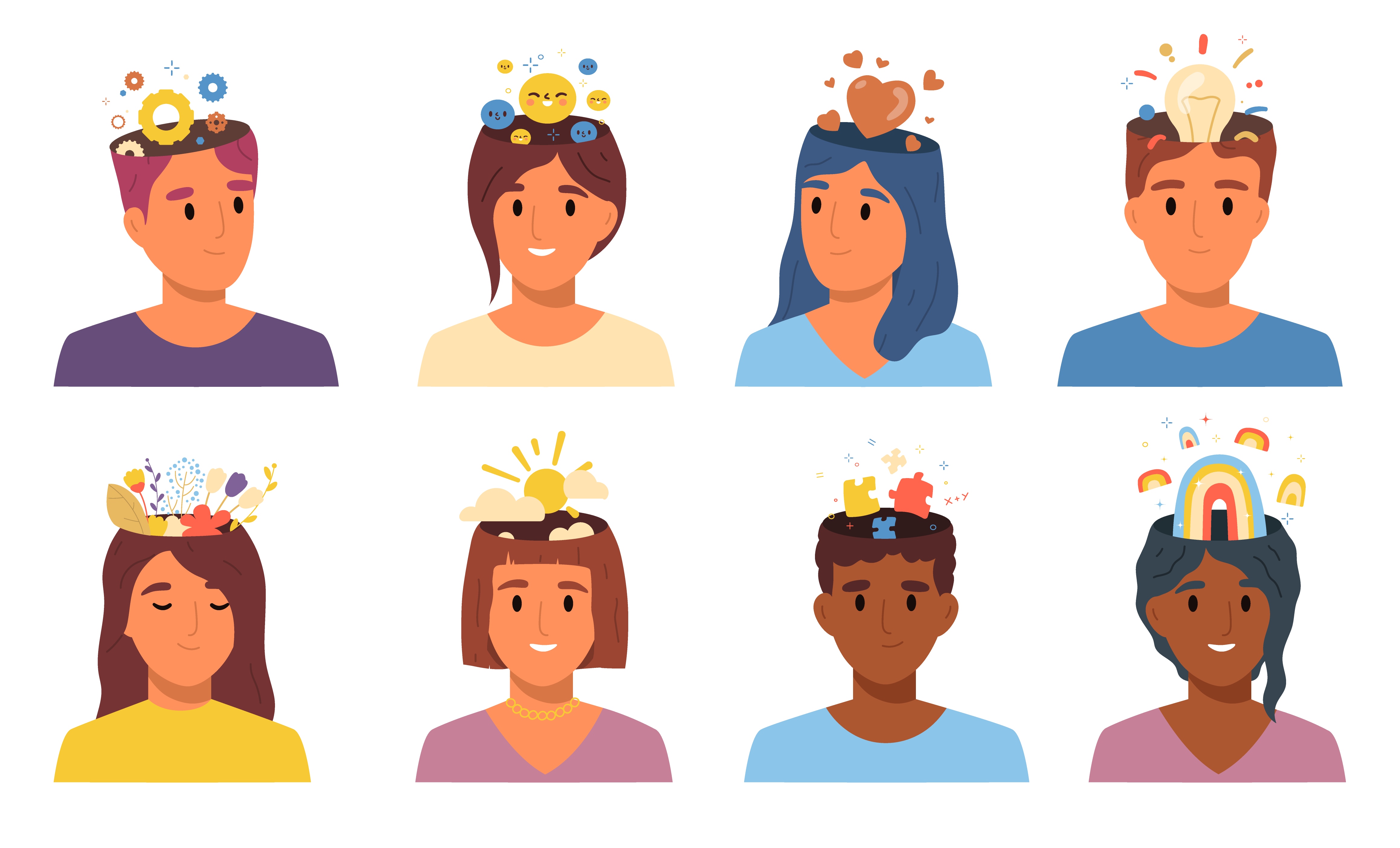Learn more about different aspects of parenting a neurodivergent adult child
Understanding Neurodiversity:
Neurodiversity refers to various brain differences and is not a diagnosis but an umbrella term encompassing individuals whose brains function differently than neurotypical individuals.

Prevalence:
Neurodiversity is more common than often perceived, with an estimated 15%-20% of the world's population experiencing some form of neurodivergence.

Approaching Support:
Supporting neurodivergent individuals requires patience, understanding, and a willingness to learn. It's essential to educate oneself about specific conditions and communicate directly with individuals to understand their needs and preferences.

Support Strategies:
Strategies include educating oneself, communicating directly, being an ally, avoiding judgment, respecting boundaries, and helping individuals find neurodiversity-affirming therapists.

Support in Different Settings:
Support strategies vary based on the setting, such as at home, school, or work. Providing appropriate accommodations and understanding individual needs in each environment is crucial.

Support at School:
Educators should learn about neurodivergence to better support neurodivergent students, provide accommodations, and collaborate with parents and counselors.
